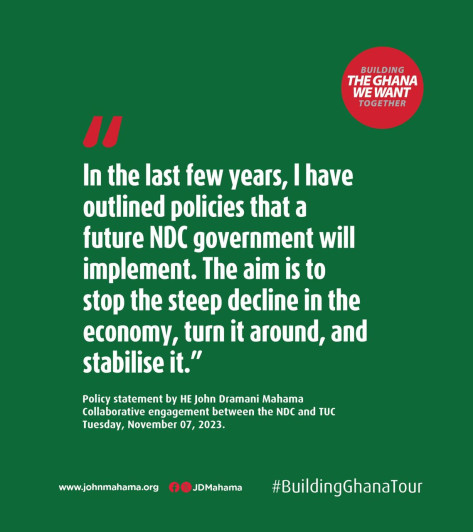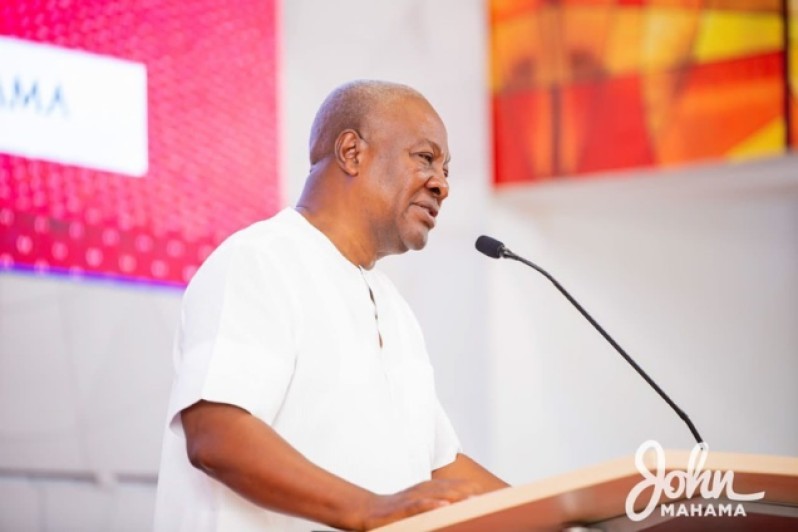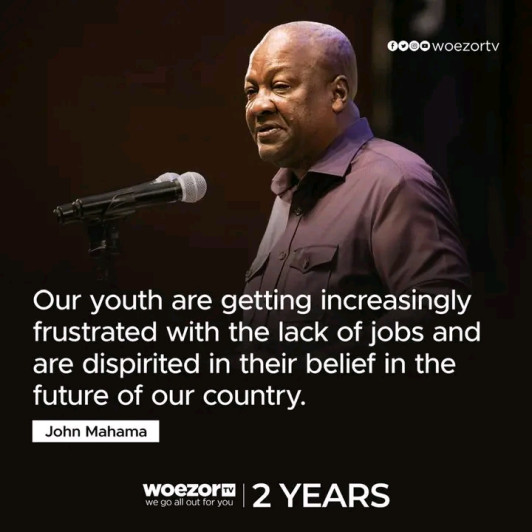
24 hour economy policy
The concept of the 24-hour economy reflects the changing nature of work, lifestyle preferences, and the impact of technology on how businesses operate and serve their customers. The term "24-hour economy" refers to an economic system in which businesses and services operate around the clock, 24 hours a day. This concept contrasts with traditional working hours that typically run from 9 am to 5 pm. The 24-hour economy is characterized by extended operating hours, allowing businesses to cater to the diverse schedules and needs of a 24/7 society.
Key features and aspects of the 24-hour economy include:
- Increased Flexibility: (a) Businesses and services in a 24-hour economy provide greater flexibility for workers, consumers, and various stakeholders. (b) Extended operating hours can accommodate individuals with non-traditional work schedules or those who prefer services outside regular hours.
- Globalization: In a globalized world, businesses often operate across different time zones, necessitating continuous operations to facilitate international trade and communication.
- Technology and Connectivity: (a) Advances in technology have facilitated continuous connectivity and the ability to conduct business at any time. (b) E-commerce and online services contribute significantly to the 24-hour economy by allowing consumers to make purchases and access information at any time.
- Shift Work: Industries such as healthcare, manufacturing, and transportation often require round-the-clock operations, leading to the prevalence of shift work.
- Urbanization: Urban areas are more likely to have a 24-hour economy due to higher population density and increased demand for services at all hours.
- Economic Growth: A 24-hour economy can contribute to economic growth by maximizing productivity and meeting the needs of a diverse and dynamic consumer base.
- Challenges: (a) While the 24-hour economy offers advantages, it also presents challenges, including issues related to worker well-being, fatigue, and maintaining work-life balance. (b) Ensuring the safety and well-being of workers in sectors with continuous operations is a critical consideration.
- Government Policies: Some cities and regions actively promote a 24-hour economy through supportive policies and initiatives, recognizing its potential economic benefits.
- Service Industry Dominance: Sectors such as hospitality, healthcare, transportation, and retail are prominent components of the 24-hour economy.
By : Oliver Ujah: Expert economic & rural development consultant driving sustainable solutions and impactful strategies
Disclaimer: "The views expressed on this site are those of the contributors or columnists, and do not necessarily reflect 24houreconomy.org’s position. 24houreconomy.org will not be responsible or liable for any inaccurate or incorrect statements in the contributions or columns here."
Share On Social Media 888
Other Stories
Mahama’s 24-hour economy is crucial and timely for Ghana’s junk-economy
The need of policy framework for a 24-Hour economy in Ghana
Charting a new course for Ghana's Development:24-hour economy vision-Prince Ibrahim
Meaning, Operations and Impact of 24-Hour Policy on Ghana’s Economy
Benefits of 24-Hour Economy in Health Sector- the Perspective of a Health Professional in the UK
The 24-Hour Economy And Its Importance To Ghana’s Economic Growth
24-Hour economy to solve rising unemployment issues in Ghana:
24-HOUR ECONOMY
Economy
Related News
News

24-Hour economy policy a major improvement on past fragmented initiatives – IMANI Africa
Read More
GPHA launches full 24-hour operations at Tema and Takoradi Ports in response to presidential directive
Read More
















